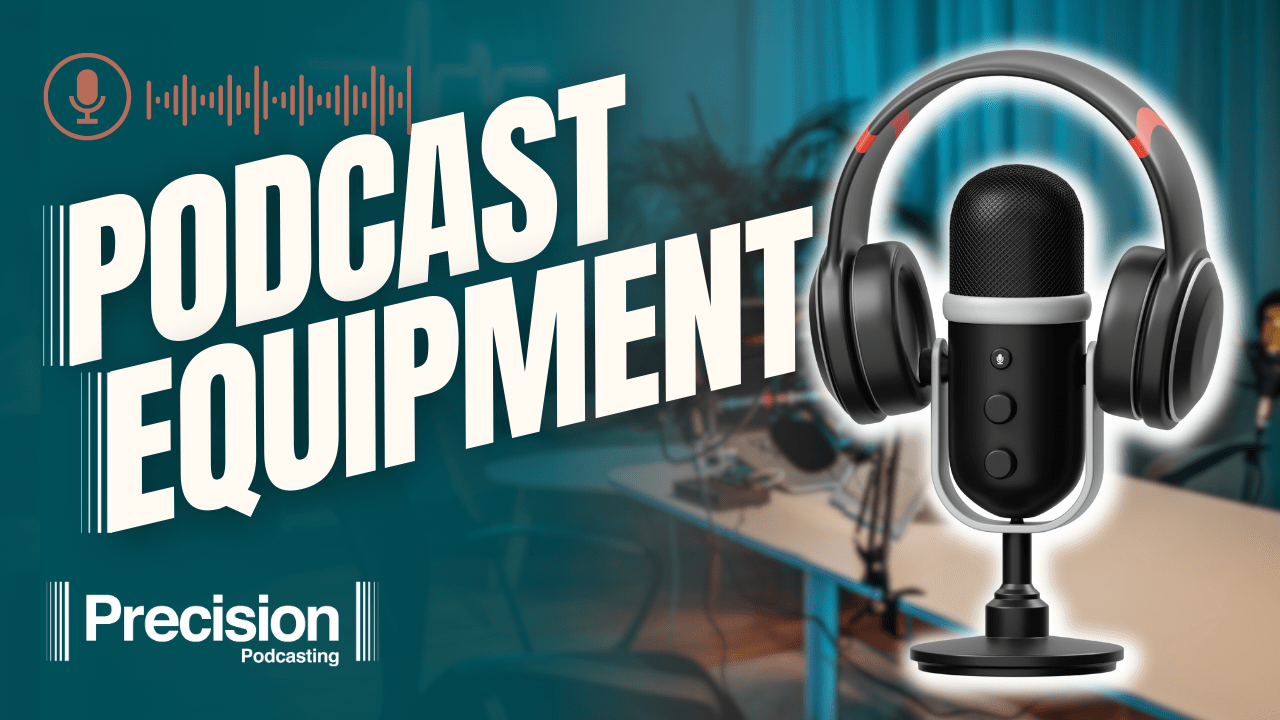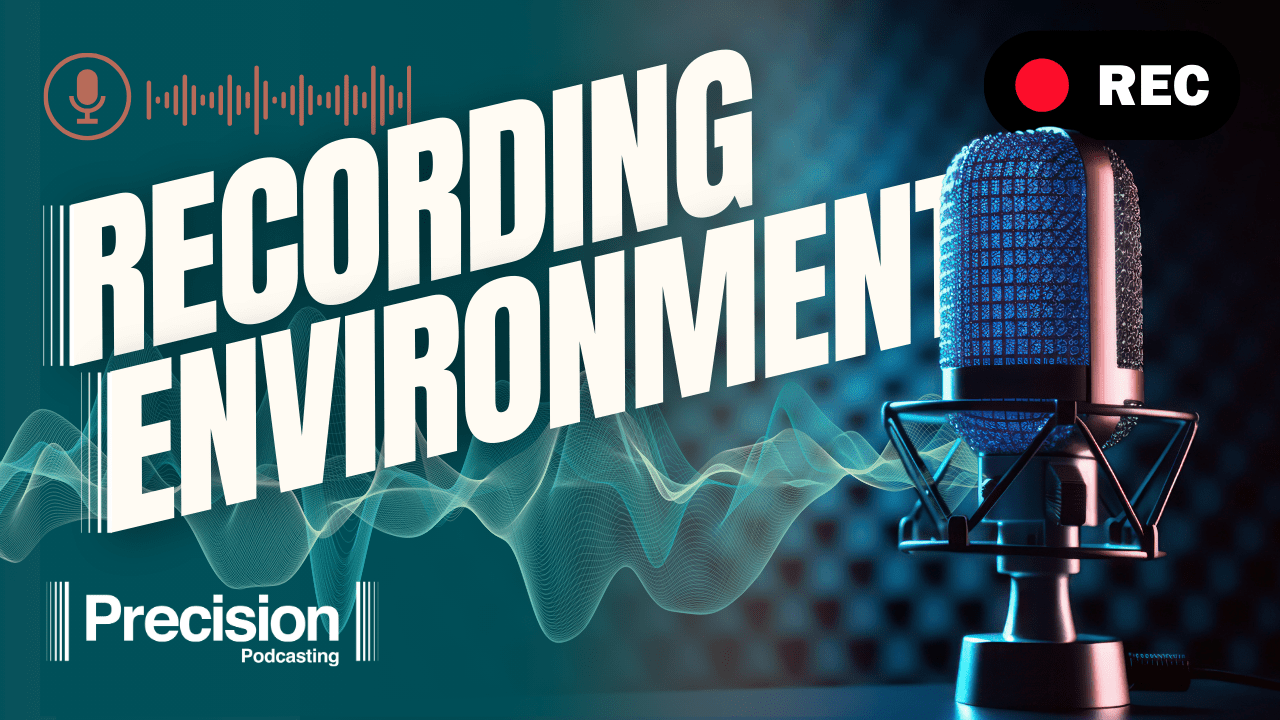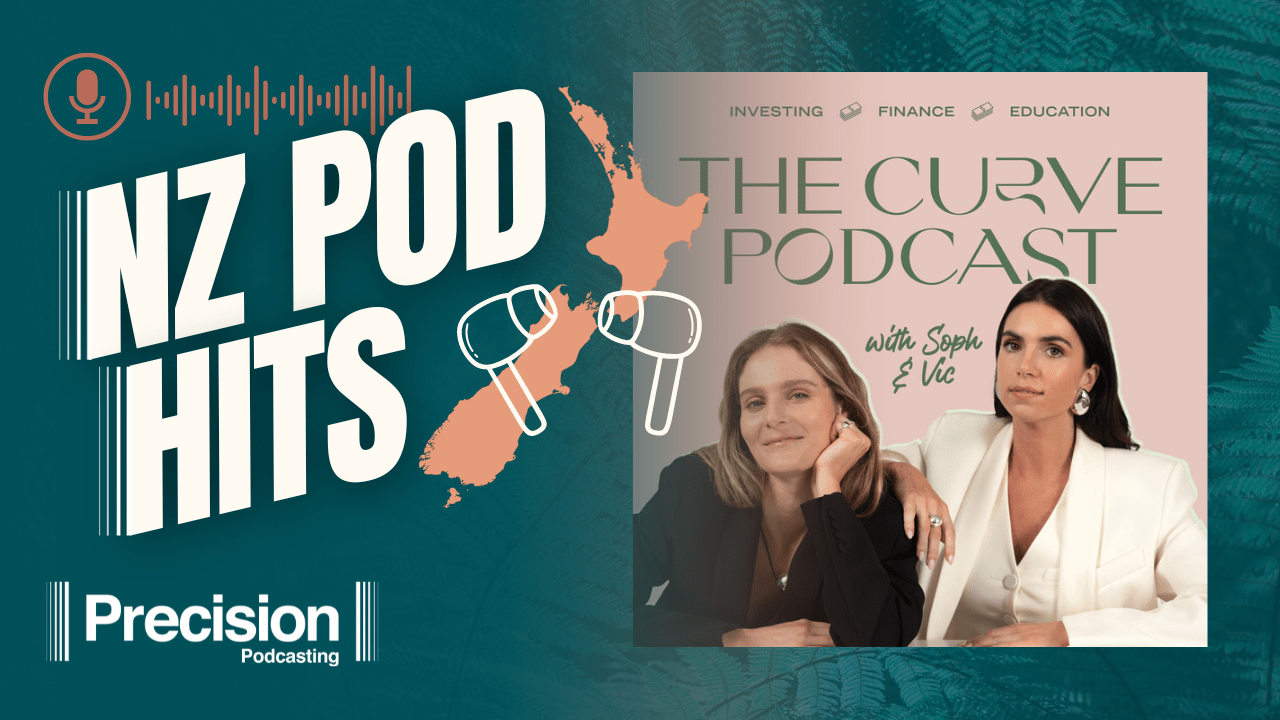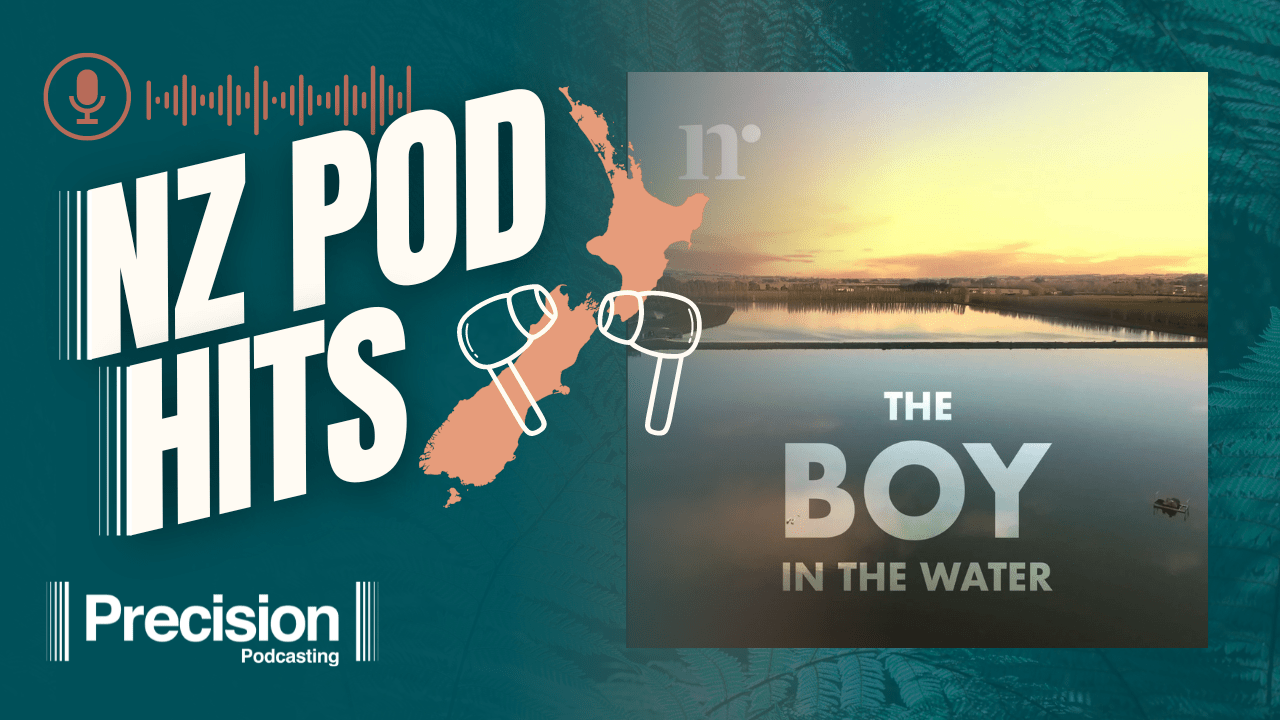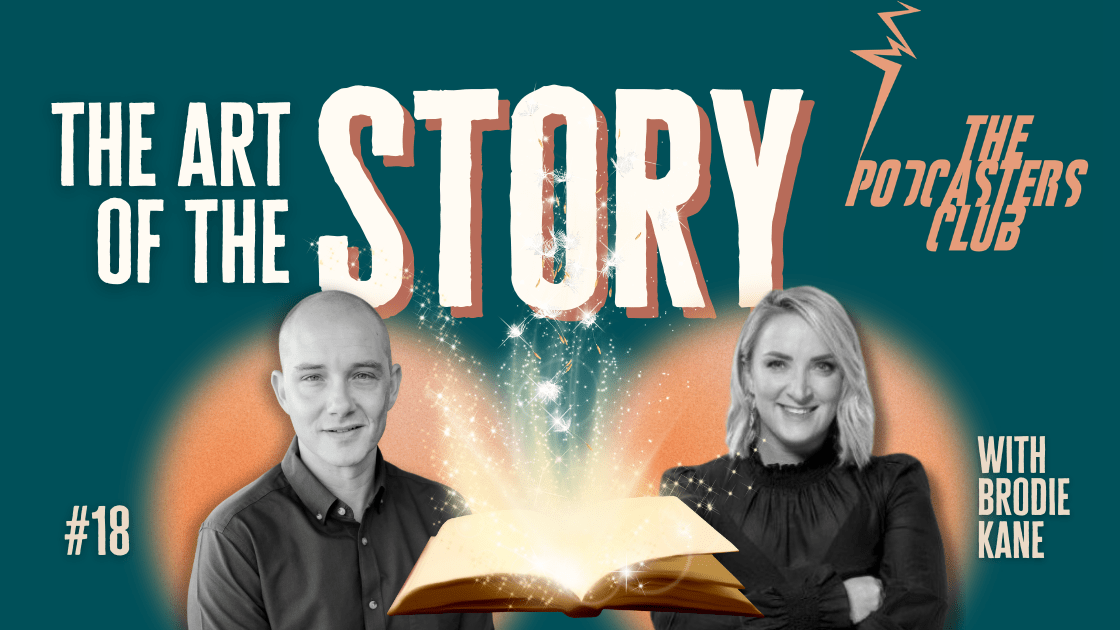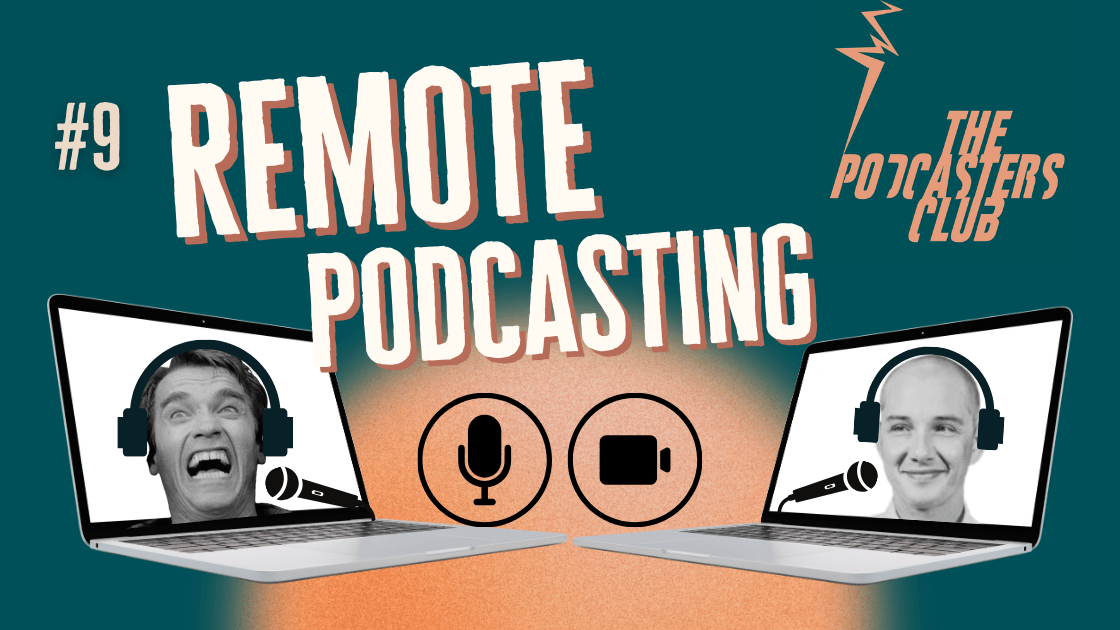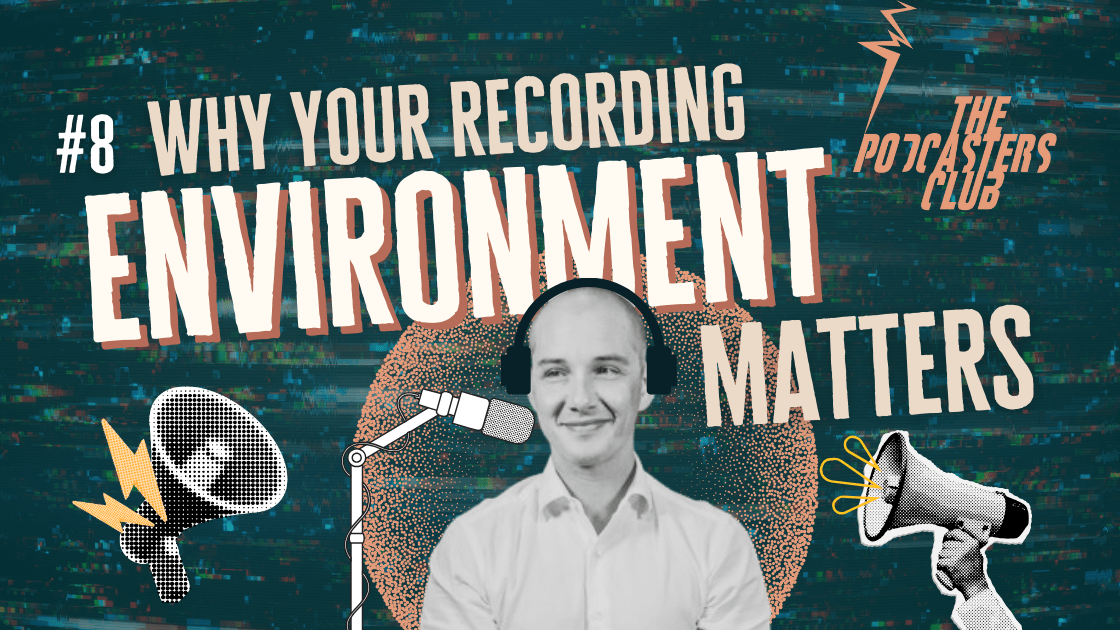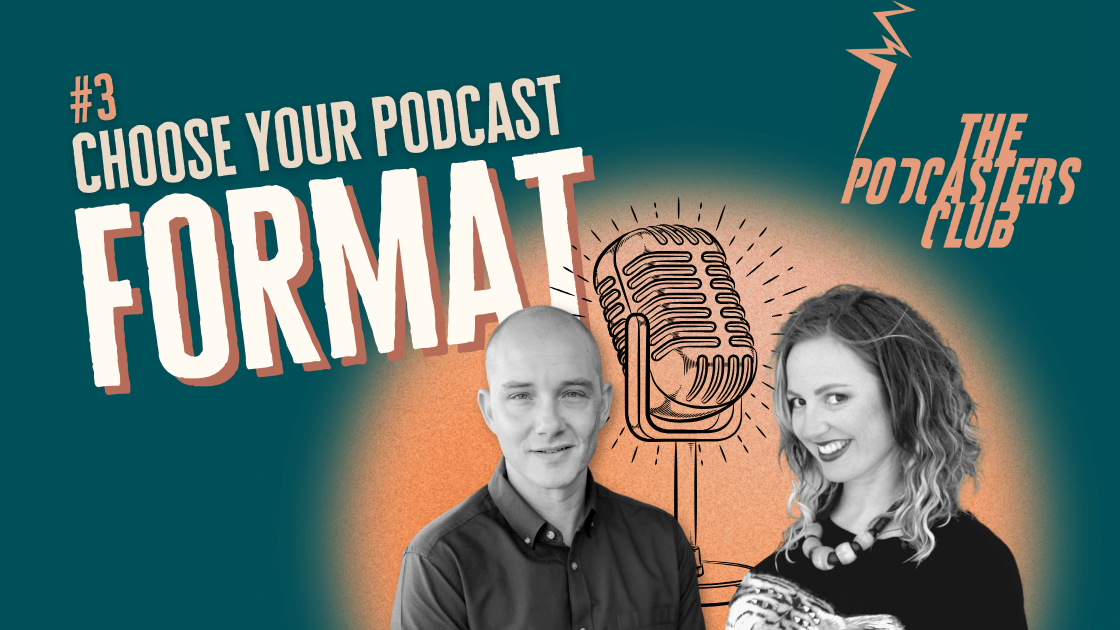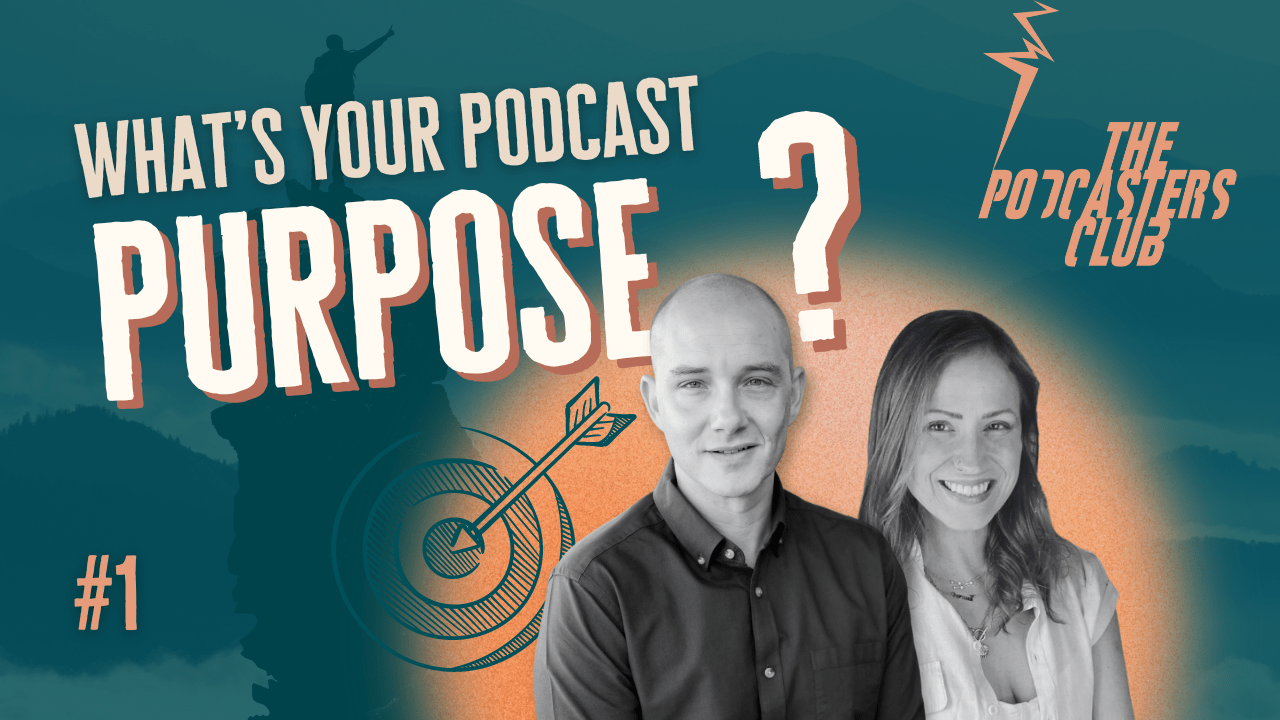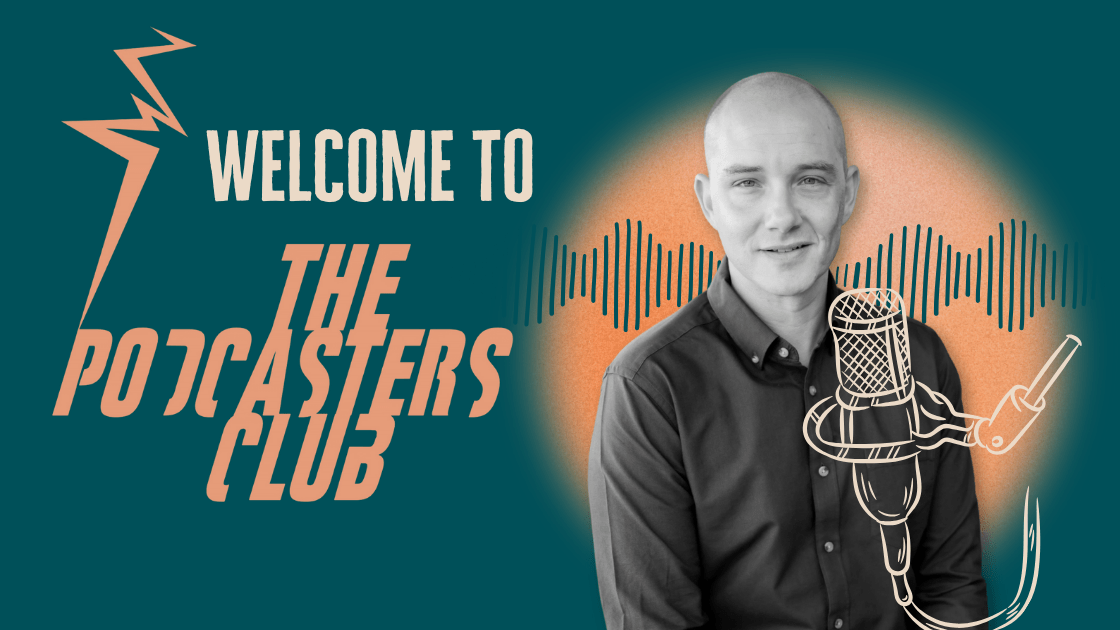Conquering the Distance: Your Guide to Remote Podcasting with Zoom
New Zealand's podcasting landscape is thriving! With a digitally savvy population and a culture that embraces storytelling, NZ presents a fertile ground for creating impactful audio experiences. But what if your dream co-host or interviewee isn't located in the same city, or even the same country?
Fortunately for our island nation, remote recording has become a game-changer, allowing you to build a world-class podcast team from anywhere in the globe.
This comprehensive guide equips you with the essential tools and strategies to successfully set up a remote podcast.
The Rise of Remote Podcasting: A Global Phenomenon
The global podcasting market is experiencing explosive growth, with an estimated 4.3 million podcasts published globally as of August 2023. Out of this number, around 3.2 million are considered active. This surge in popularity is fueled by several factors, including:
Increased internet accessibility: Reliable internet connections are now more widespread than ever, making remote collaboration a seamless process.
Advancements in technology: High-quality audio recording and editing software is readily available and user-friendly, even for those without extensive technical backgrounds.
Flexibility and convenience: Remote podcasting allows creators to record on their own schedules and from the comfort of their own studios (or home offices!).
Why Remote Podcasting is Perfect for Kiwis
For New Zealand podcasters, remote recording offers unique advantages:
Access to a Global Talent Pool: Tap into the expertise and diverse perspectives of podcasters and guests located anywhere in the world. You could interview an industry leader based in London or collaborate with a co-host from the United States.
Location Independence: New Zealand's breathtaking landscapes are a major draw, but they can also be geographically isolating for podcasters. Remote recording allows you to create your podcast from anywhere in the country, whether it's a bustling city centre or a remote beachside location. [To prove this point, Precision Podcasting is based in the beach town of Raglan!].
Reduced Production Costs: Eliminate the need for expensive studio rentals by recording remotely. This can be particularly beneficial for smaller podcast operations or those just starting out. Read more about how to optimise your recording environment here.
Learn more about the New Zealand podcasting landscape
Essential Tools for Remote Podcasting Success
Now that you're convinced about the benefits of remote recording, let's delve into the tools you'll need to create professional-sounding podcasts:
Remote Recording Software: Popular options include Zoom, Skype, and Squadcast, all offering high-quality audio recording capabilities and features like screen sharing and call recording.
Digital Audio Workstations (DAWs): Editing software like Audacity, Adobe Audition, and Reaper allows you to polish your recordings, add music and sound effects, and create a seamless listening experience.
Cloud Storage: Platforms like Dropbox and Google Drive provide secure and accessible storage for your audio files, facilitating collaboration and remote editing.
Get our full recommended gear & software list here.
Optimizing Your Remote Recording Workflow: A Step-by-Step Guide
Setting up a smooth remote recording workflow is crucial for producing high-quality podcasts. Here's a step-by-step guide to get you started:
Pre-Production Planning:
Define the Episode's Theme: Clearly outline the episode's theme and talking points to ensure everyone is on the same page.
Content Creation and Sharing: If scripts or outlines are needed, create and share them with all participants well in advance.
Schedule the Recording: Establish a convenient recording time that works for everyone involved. Utilise online scheduling tools to streamline this process.
Communication is Key:
Communication Channels: Set up clear communication channels like email, Slack, or project management tools for ongoing discussion and collaboration.
Video Conferencing: Utilize video conferencing tools like Zoom or Google Meet for pre-recording meetings and discussions. This allows for better communication and interaction compared to just audio calls.
Technical Considerations:
Online Recording Platform: Software like Zoom, Meets or Teams are great for meetings, but no so much for high quality, podcast-worthy audio. Consider using a dedicated platform like Riverside (recommended) or Zencastr, to capture the best audio.
Equipment Check: Before recording, conduct a thorough sound check for all participants. Ensure everyone is wearing headphones and positioned close to their microphone to minimise audio issues.
Local Recording: Encourage each participant to record their audio locally using high-quality microphones. This can significantly improve audio quality compared to recording directly through video conferencing software. If your guest doesn’t have access to a microphone, have them make a recording using the voice recorder app on their smartphone.
Backup Recording: It's always a good practice to have each participant record their audio locally as a backup in case of any technical issues with the main recording software.
Recording and Post-Production:
Hit Record! Once everything is set up and everyone is comfortable, hit record and give a “One, two, three” and **CLAP** to begin the episode so your editor has a sync point.
Post-Production Magic: Edit your recordings using your chosen DAW. This editing process involves syncing voices, removing errors, monitoring pacing, noise reduction, intro/outro addition, music/sound effects, and audio mastering for polish and consistency. Read this article to discover more about the podcast editing process.
Prefer to outsource? We’re an award-winning production service with 15 years of experience in audio engineering. Get in touch to discuss your needs now.





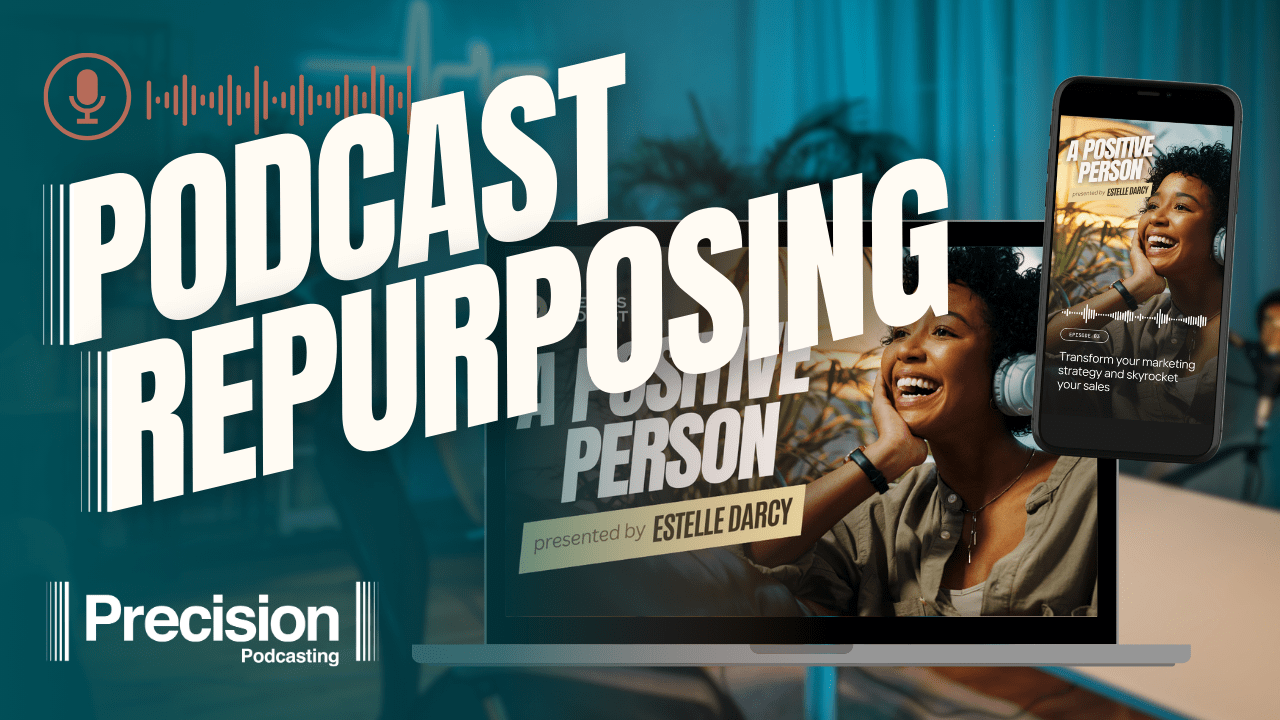
![Podcast Perfection: The Difference Mastering Makes [with audio examples]](https://images.squarespace-cdn.com/content/v1/6632edd588483f6e2a0bc4fa/1715541221604-A295QS3ZCR90MP2GSZ6W/Podcast-Mastering-PrecisionPodcasting.png)

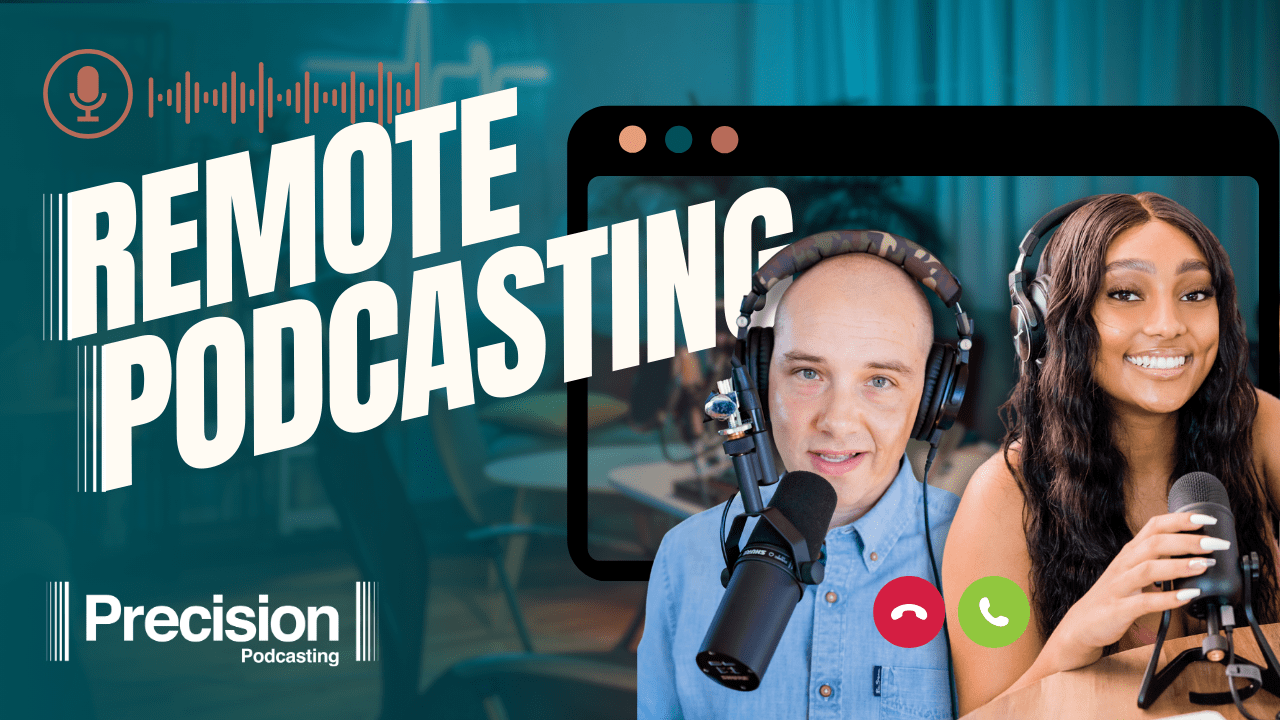
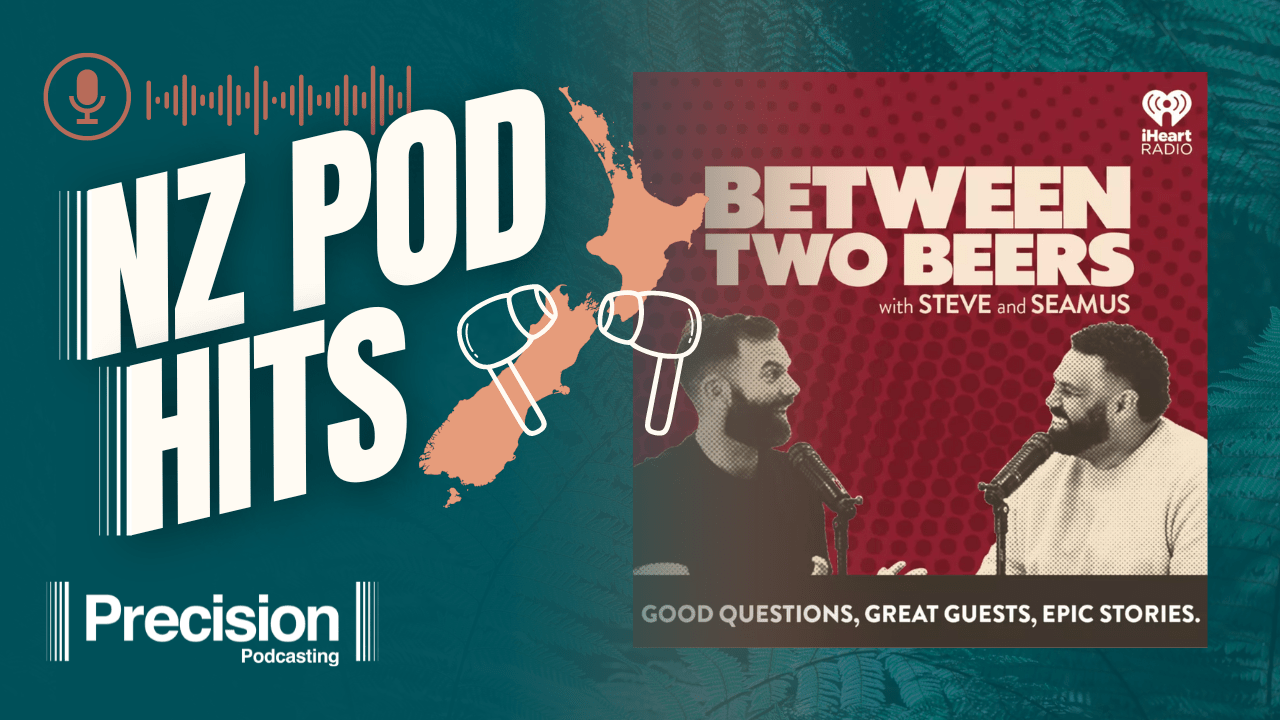

![10 Reasons to Launch a Business Podcast in 2024 [with NZ case-study]](https://images.squarespace-cdn.com/content/v1/6632edd588483f6e2a0bc4fa/1715541120046-G4ZOJ6L41KBUCY9A7GZS/Launch-a-Podcast-PrecisionPodcasting.png)
![The Power of Podcast Editing [with examples].](https://images.squarespace-cdn.com/content/v1/6632edd588483f6e2a0bc4fa/1715541140779-2O033HV3Z7EV0LYYJBET/Podcast-editing-PrecisionPodcasting.png)
